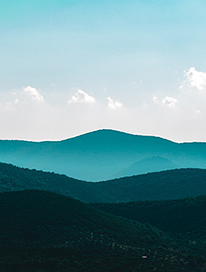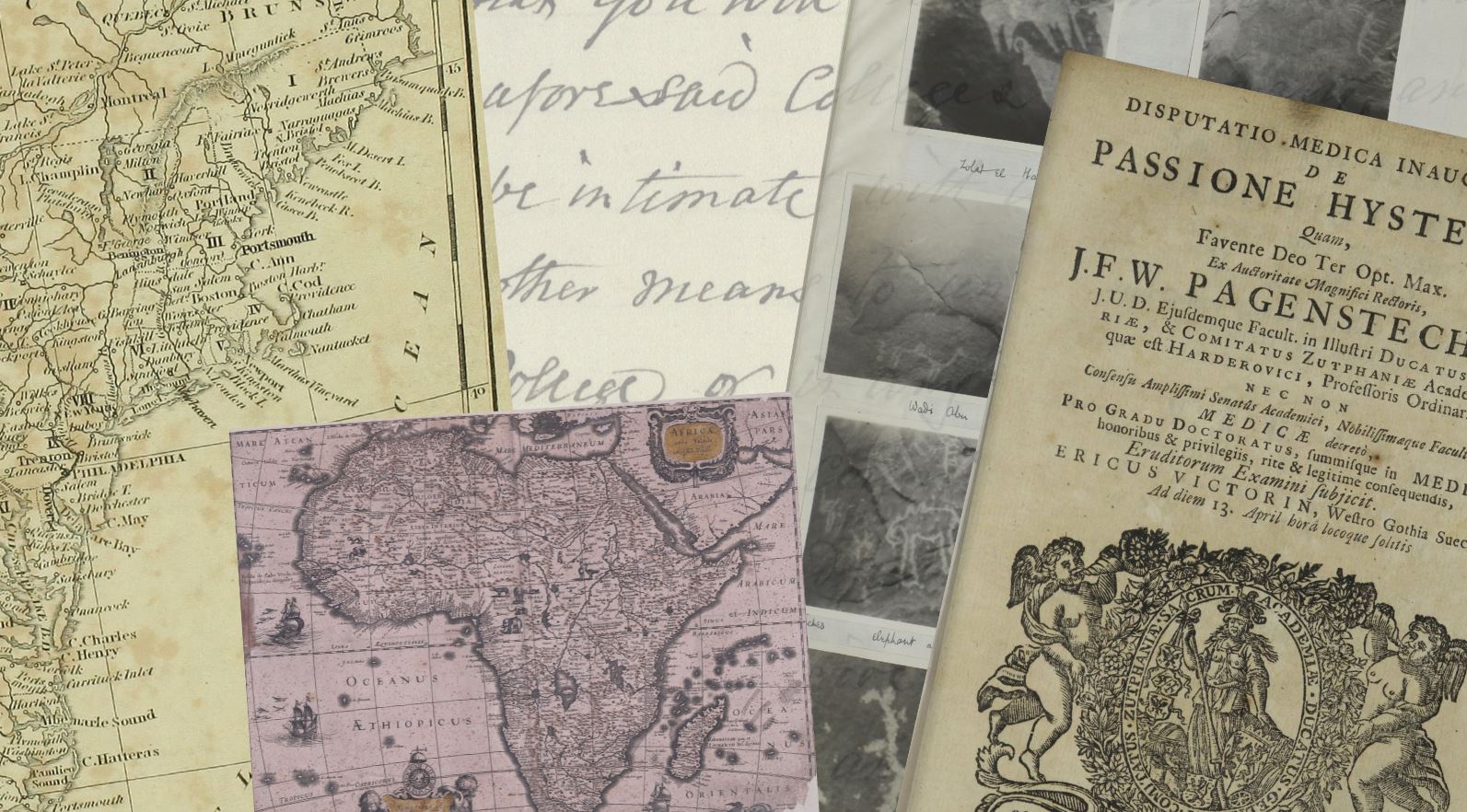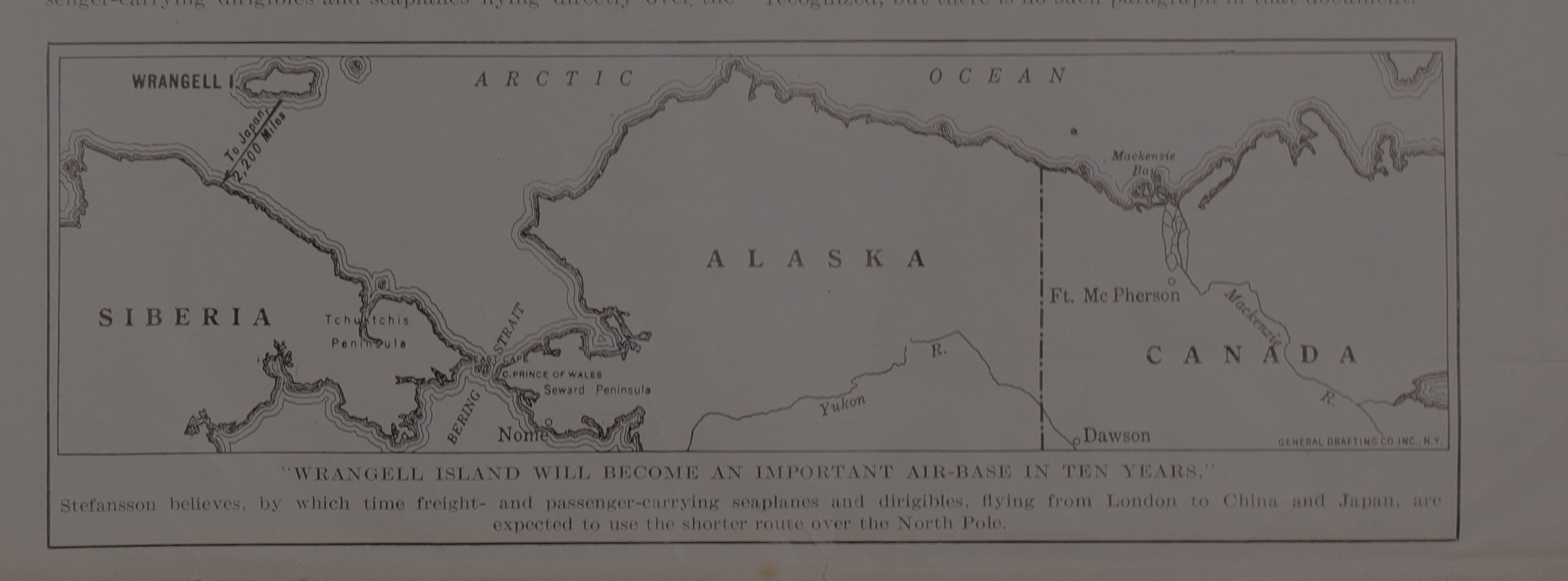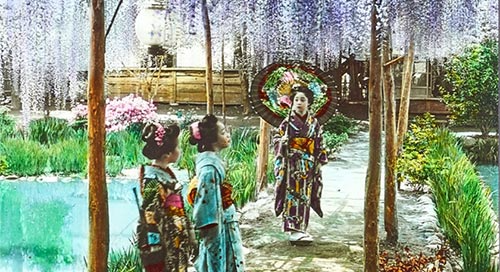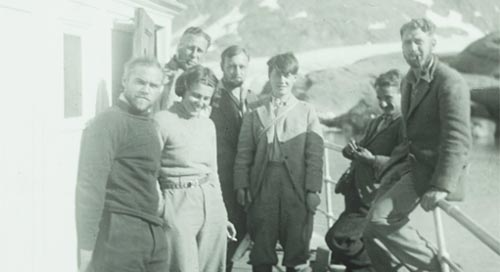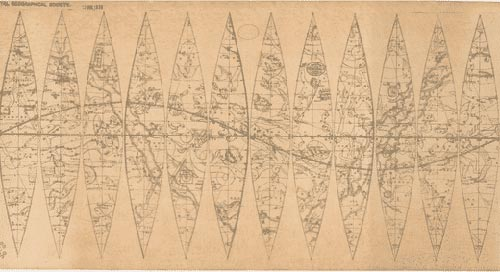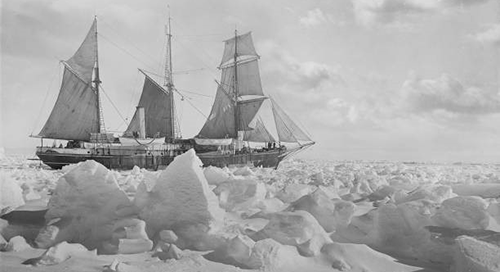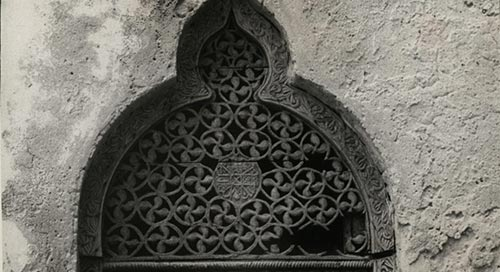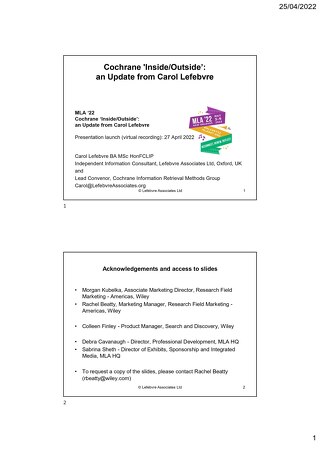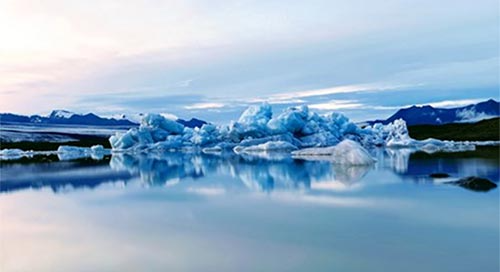women-who-changed-the-world
March 07, 2022
Celebrating historical women this international women’s day
This international women’s day we celebrate women all over the world whose contributions to science, medicine, and the humanities have often been overlooked.
Through Wiley Digital Archives researchers are uncovering the original work of incredible women who were pioneers in their field. Today we spotlight six historical activists from different countries and fields of research who were all determined to live life on their own terms, further education in their field, and pave the way for women in the future.
Six women who changed the world
Visit www.wileydigitalarchives.com to learn more and sign up for a free trial.








